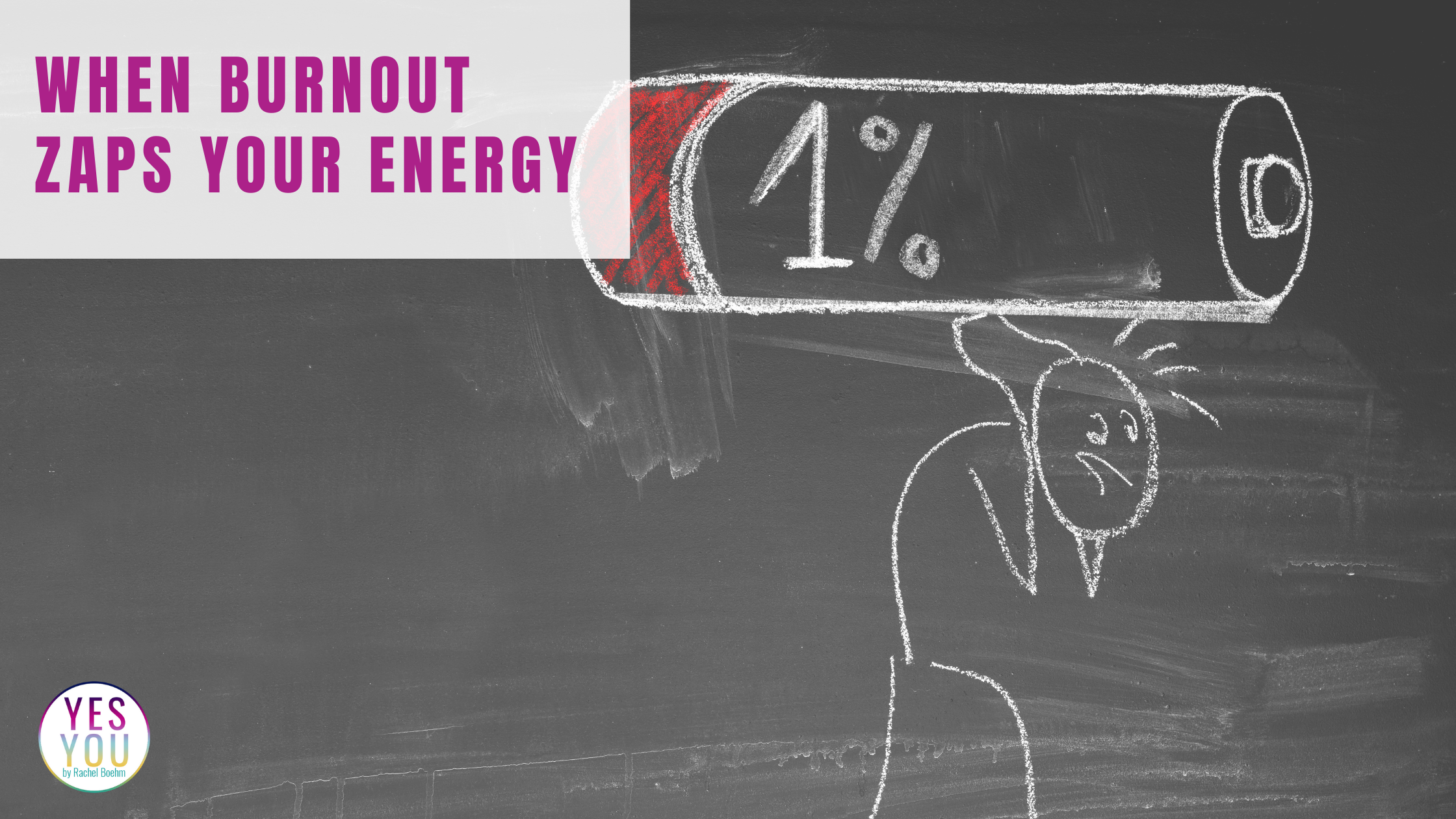“Burnout” is thrown around a lot these days. It’s often used interchangeably with “exhausted”, “overextended”, “stressed”, or even “frustrated”. There is an important difference however between burnout and these other feelings. Knowing what you’re truly experiencing is the first and most important step toward alleviating it.
Burnout has three criteria to officially be burnout:
Burnout is a workplace phenomena that results from chronic stressors on the job, specifically interpersonal affecting your sense of self and relationship with others (Maslach & Leiter, 2016).
There have been fantastic recent articles, like this from TIME, and podcasts, like this from TRAINED, interviewing Dr. Christina Maslach, who pioneered the Maslach Burnout Inventory. If you want to better understand what burnout really is, I encourage you to read/listen.
WHAT IF YOU AREN’T BURNT OUT?
If you are lucky enough to not be officially burnt out, then taking action now will help prevent it.
There are important changes that should be made at the organizational and managerial level to prevent burnout. No doubt. And to the degree you can create such changes, definitely do. Examples are:
Identify the root of the stressors
Discuss the situation with supervisors
Find new approaches (“pilot” them if you need to get management on board first) to get the work done. Maslach calls this “doing less with less” instead of “more with less”
The organization may need to increase feelings of autonomy, recognition/appreciation, equality, and community.
But, you can’t always wield full or even partial control over the work environment. What then?
Ask yourself, “What makes me love life? What brings me joy, a sense of safety, a sense of peace?”. Where are you when you feel this? Who are you with? What are you doing?
Now, build time into your schedule, even if it’s “just a minute” to experience these moments. Build restoration pockets into your day. This includes the “healthy lifestyle” habits I’ve talked about before. These energy boosts are foundational for a reason.
Even a little helps when consistently done. It adds up.
REFERENCES
https://www.ncbi.nlm.nih.gov/pmc/articles/PMC4911781/


